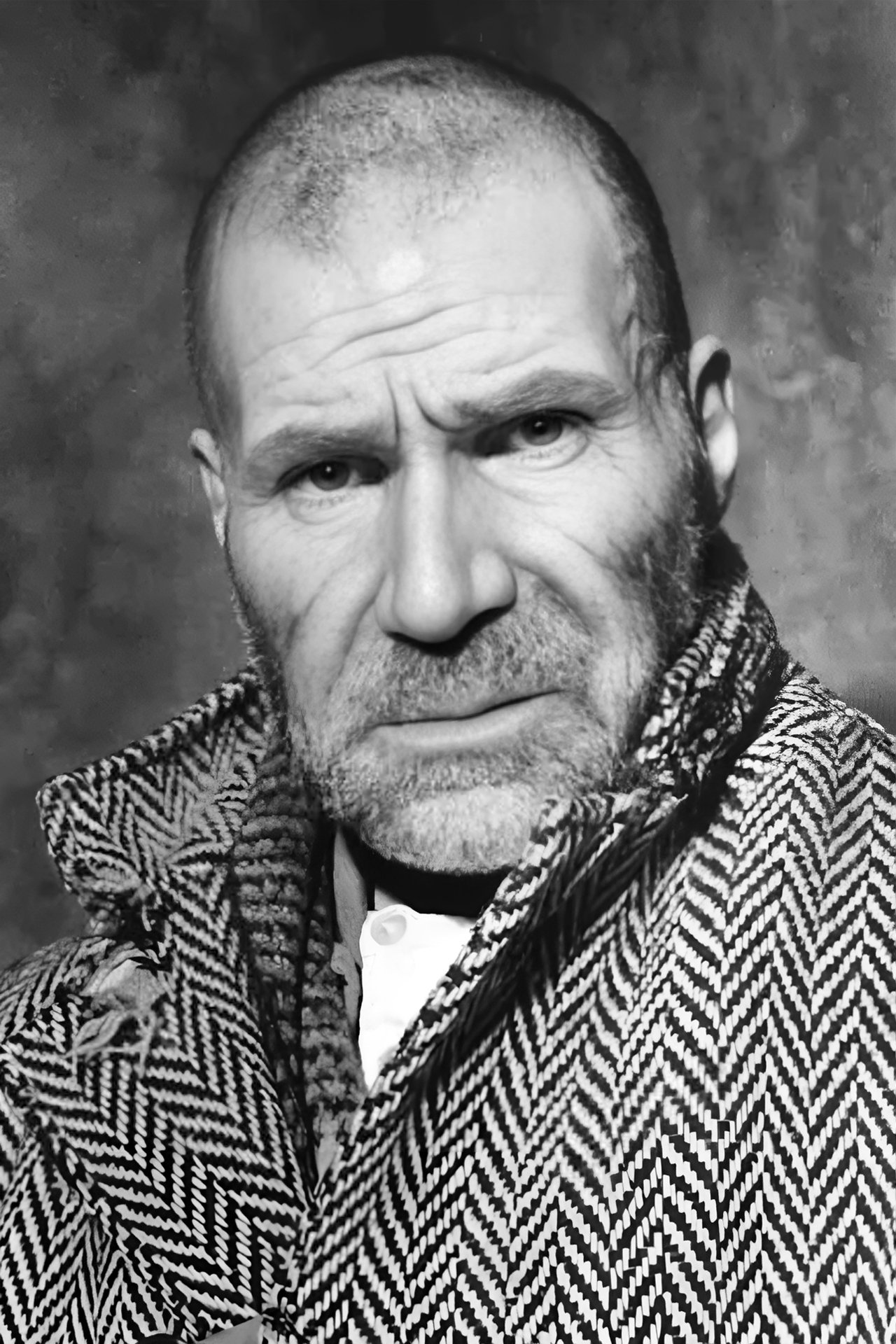
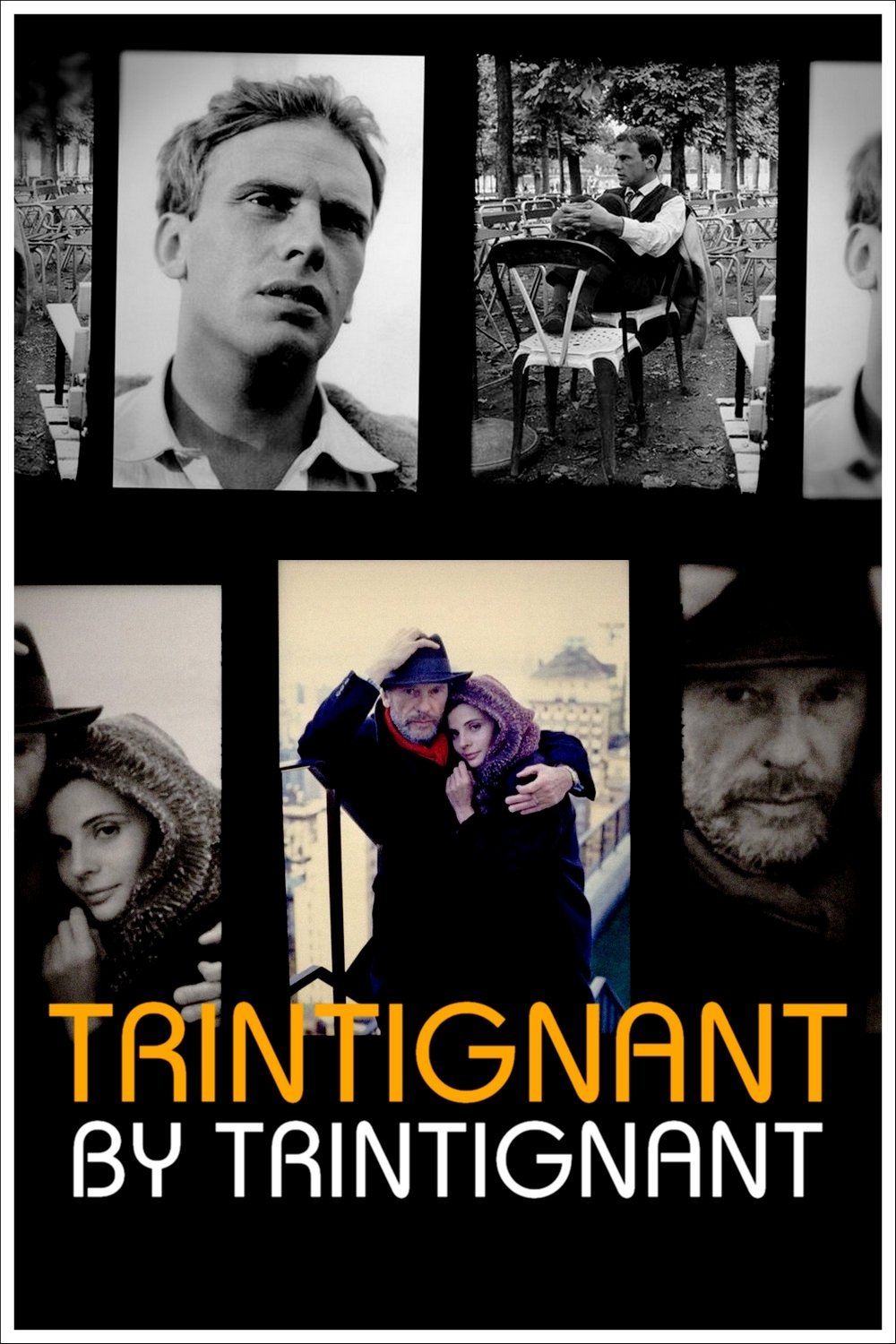
A portrait of a man of rare elegance and enigmatic charm, versatile and successful: Jean-Louis Trintignant, one of the most critically acclaimed French actors of the last sixty years, known for his numerous roles on stage and screen.
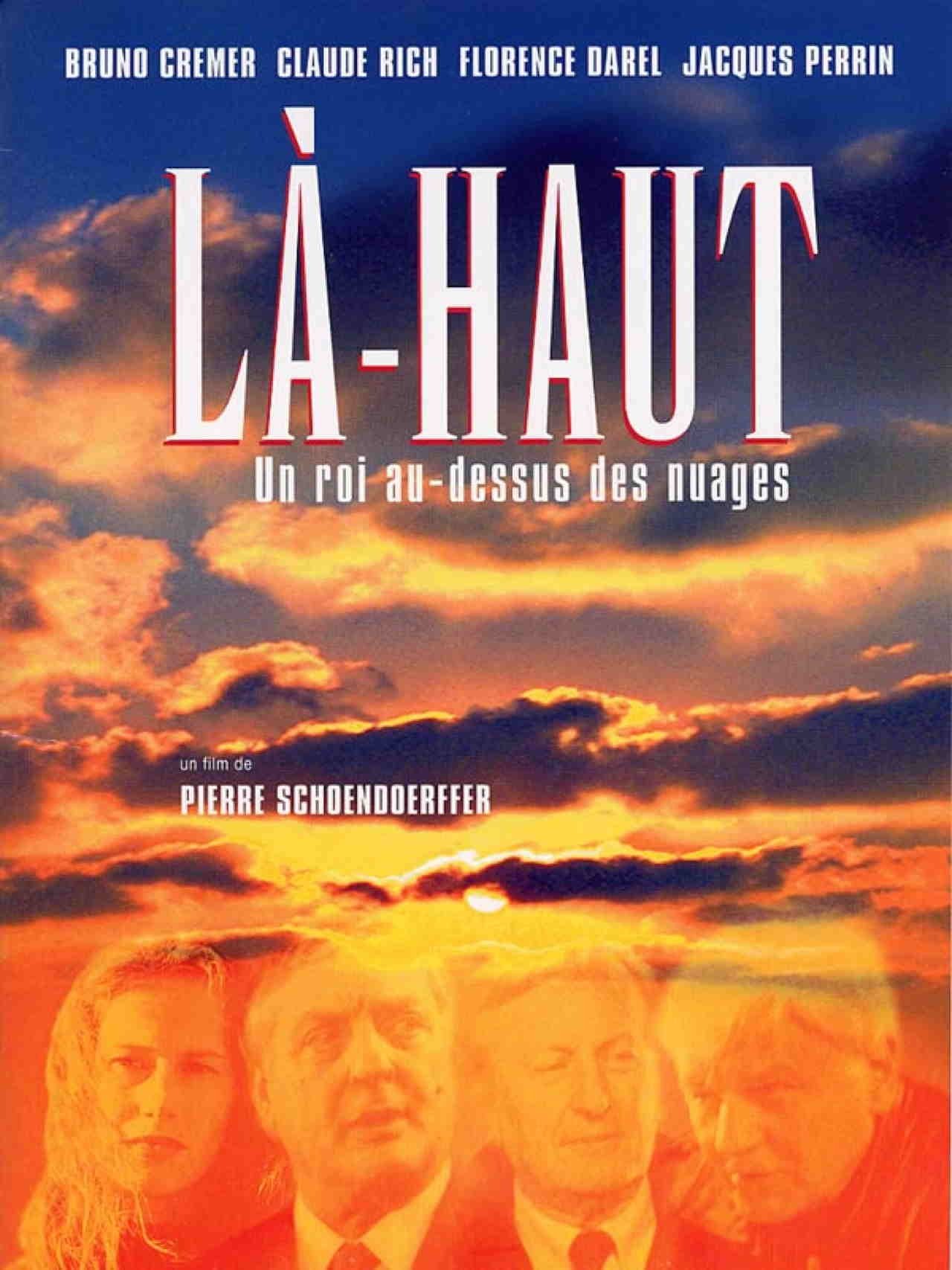
Henri Lanvern is shooting a film in Thailand. One evening, at the end of the shooting, he sees a friend of the war, General Cao Ba Ky, escaped from a communist re-education camp. No more news from Lanvern since.
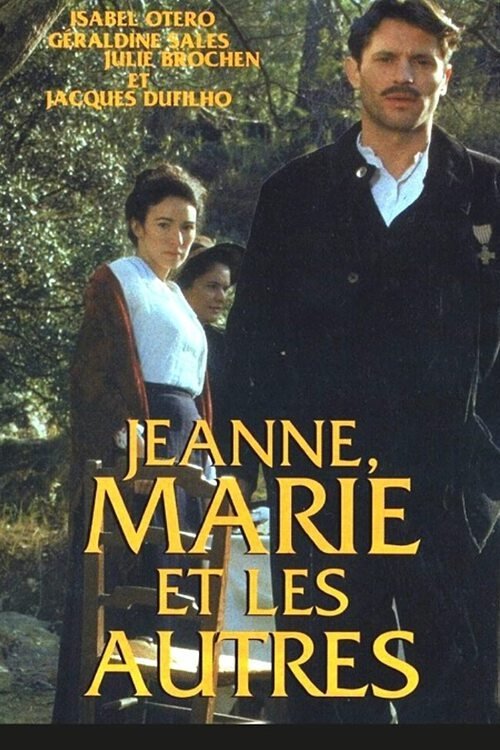
After the departure of their husbands for the 1914 war, two women have to run an oil mill.
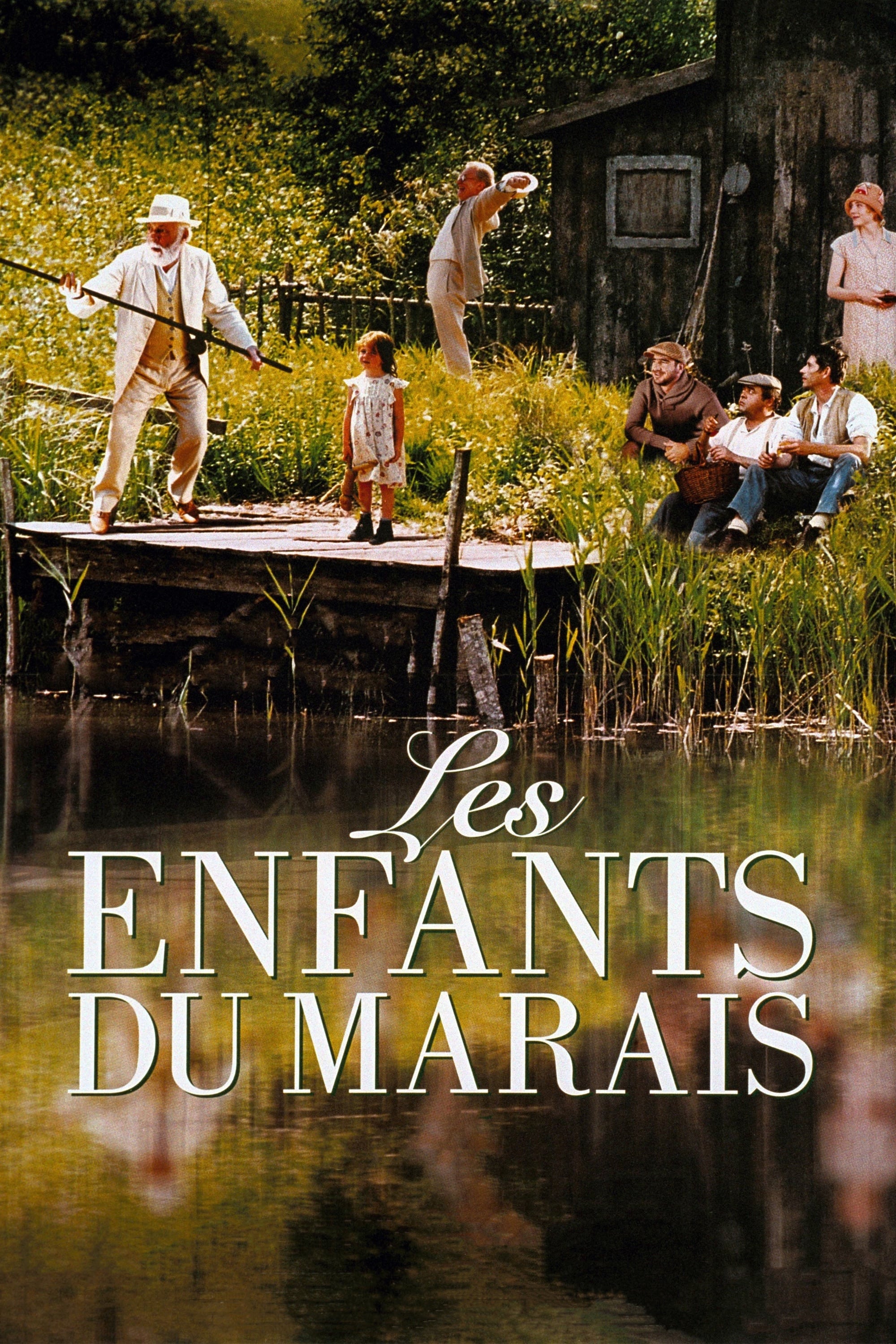
The film is set in Marais, a quiet region along the banks of Loire river in 1918. Riton is afflicted with a bad-tempered wife and three unruly children. Garris lives alone with his recollections of World War I trenches. Their daily life consists of seasonal work and visits from their two pals: Tane, the local train conductor and Amédée, a dreamer and voracious reader of classics.
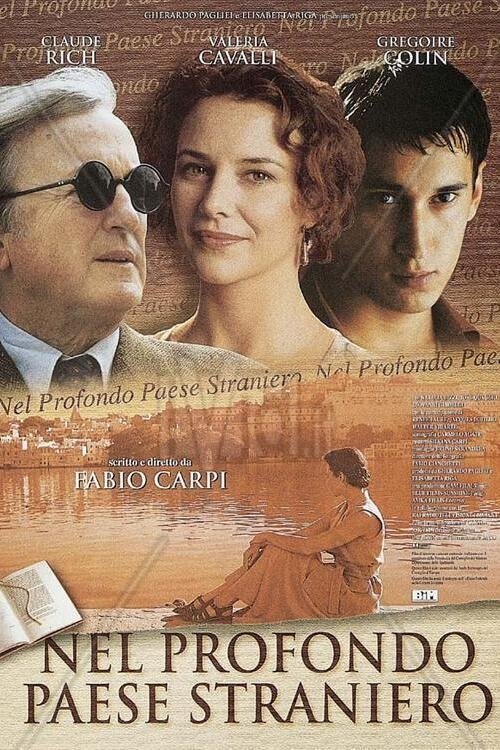
Though he is near death, blind Rene, an elderly Italian-French intellectual, continues to make his annual conference abroad accompanied by his self-centered loyal, beautiful assistant Sibilla who may or may not be his lover. Rene's domineering mother strongly disapproves of Sibilla and his continual galavanting, but Rene disregards her and goes anyway. While in Spain, Sibilla falls for a handsome young toreador who also captures the interest of Rene, though it is hard to say whether his feelings for the bullfighter are fatherly or more romantic. It is also unclear as to whether Sibilla and the bullfighter are lovers either. Thus an enigmatic romantic triangle forms until Rene and Sibilla suddenly decide to wed. The character of Rene seems to be closely patterned after Argentine writer Jorge Luis Borges.
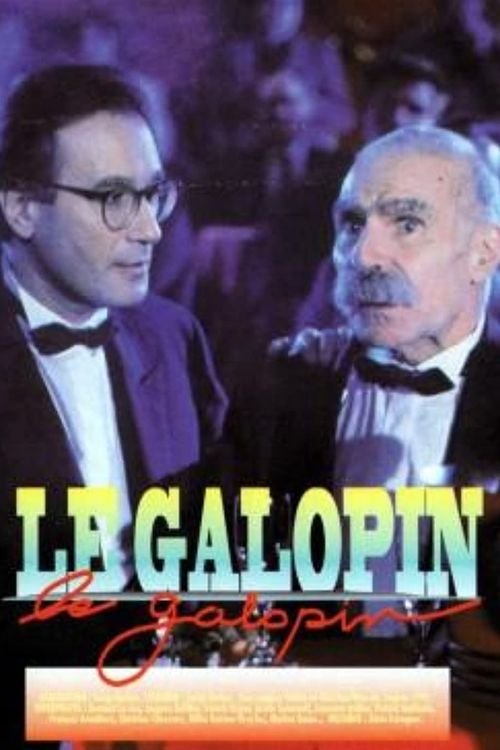
It is a difficult task for this unemployed chemist who has become the butler of a former diplomat. He will have to protect him from the women he likes a little too much, and from his own family who wants to put him under guardianship.
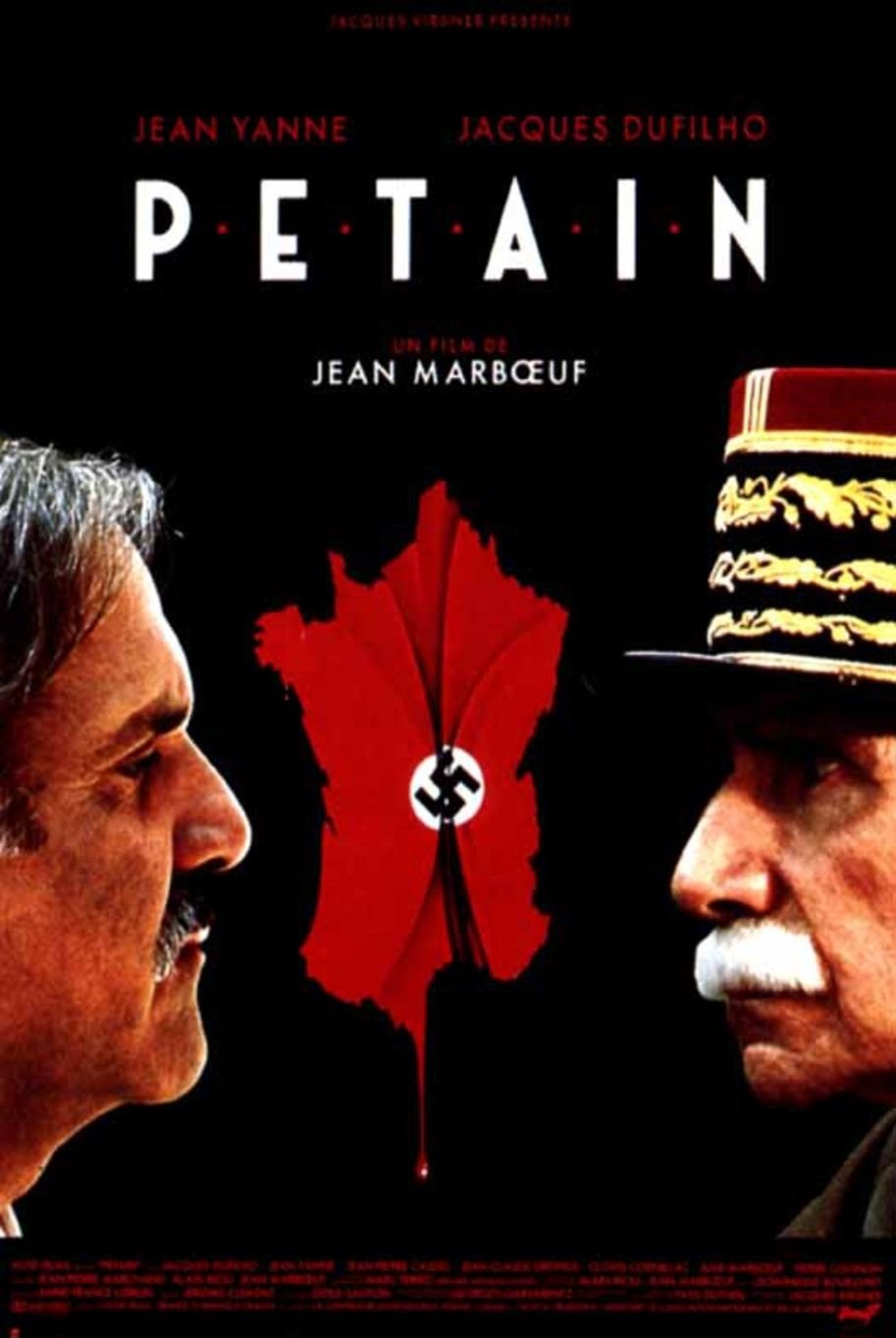
During second world war,Philippe Pétain gets absolute powers.The war ends with the arrival of allied forces by Petainism has not been put on trial.
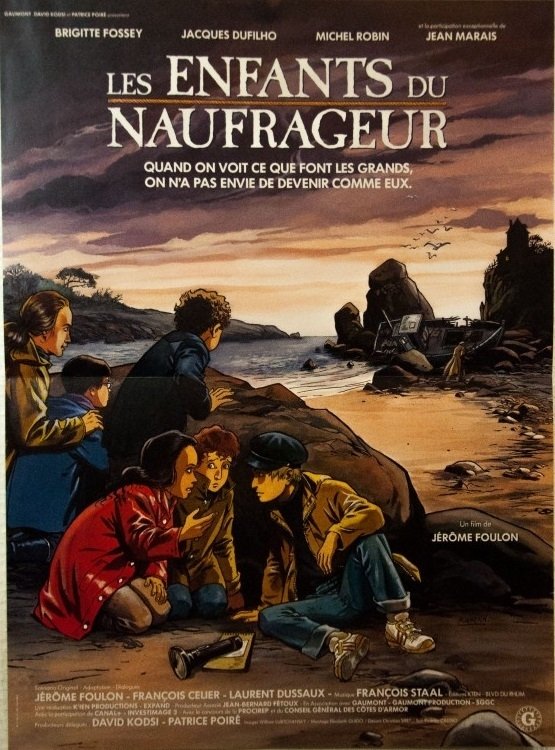
Eight children of a wrecker live together on a strange island, in a supernatural happiness. Until their little paradise is disturbed when an old lady is discovered murdered there. They then embark on the investigation in search of the truth.
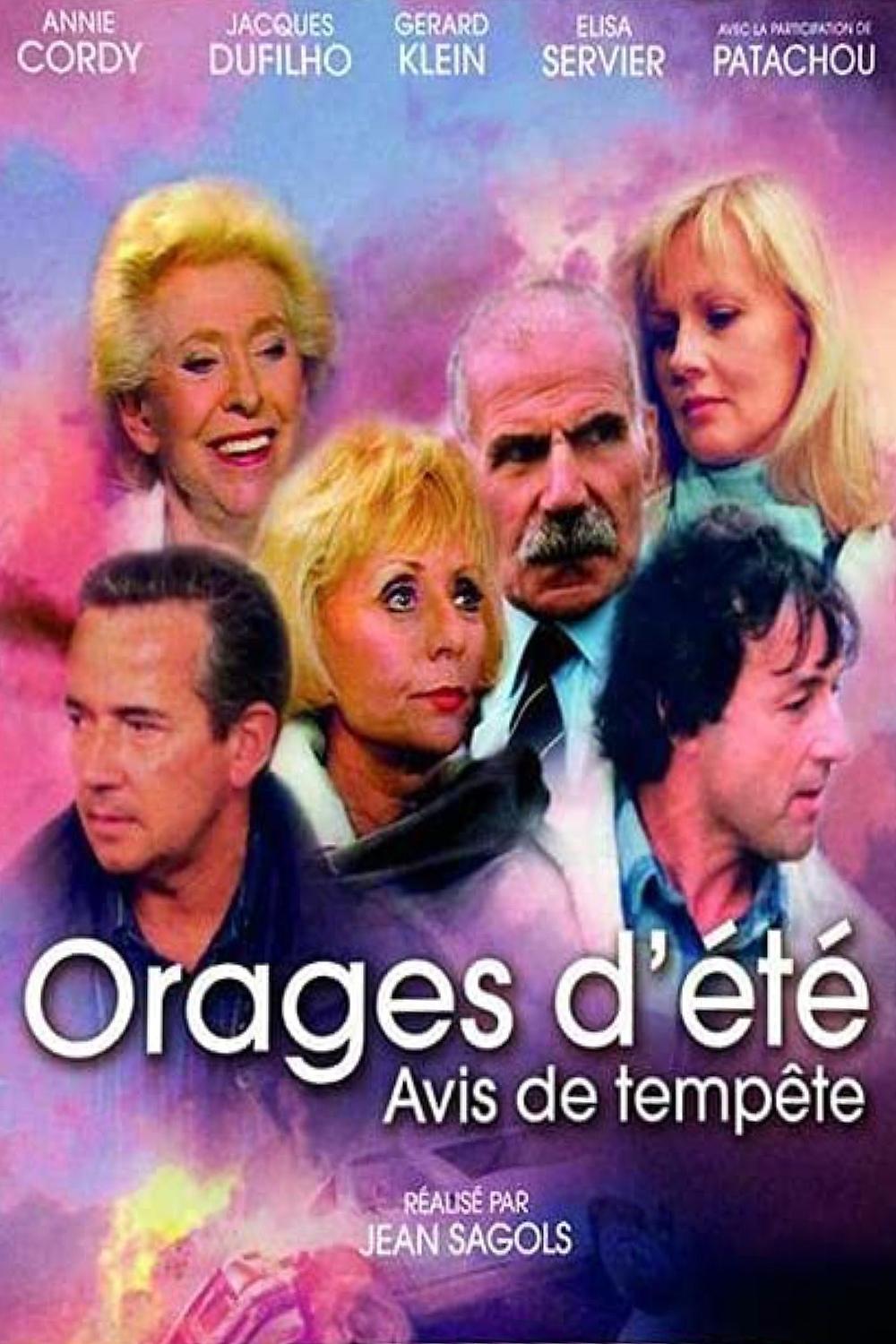
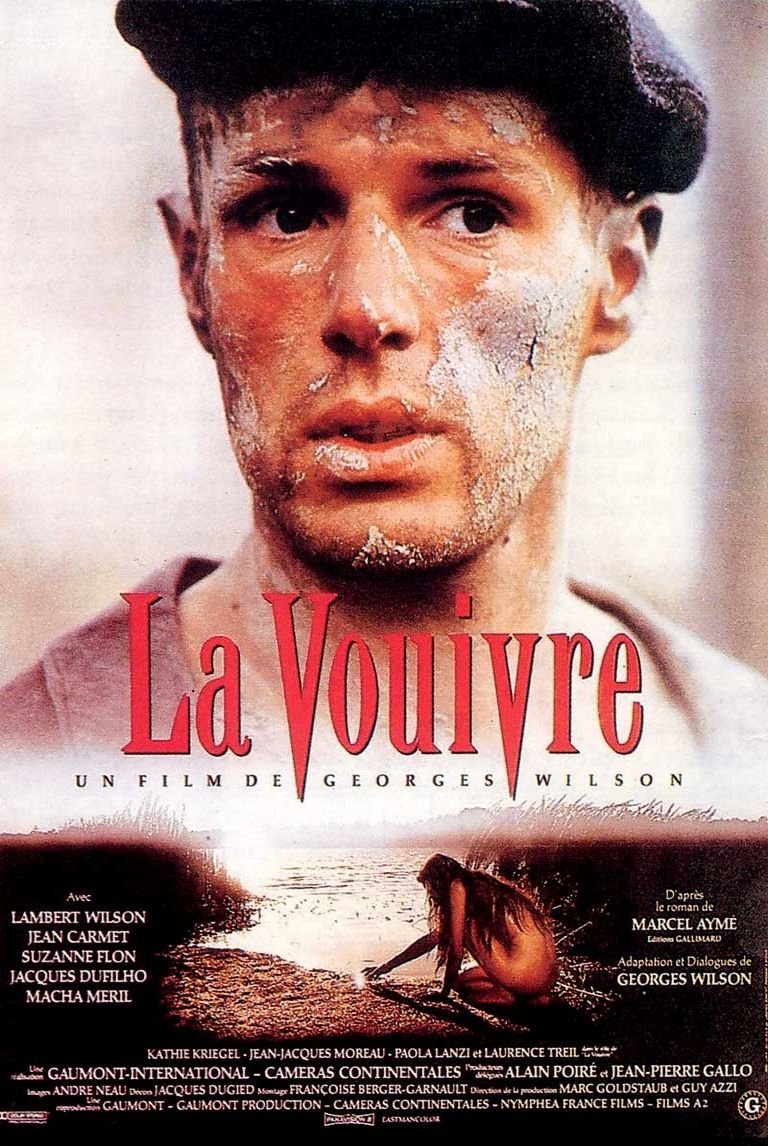
Arsène Muselier returns to his home village at the end of the First World War. His only injury is a head wound, which sometimes provokes periods of delirium and fury. As he renews his acquaintance with the people he left behind - his mother, the old farmhand who brought him up after his father's death, his former girlfriend, and many others - he becomes fascinated by the legend of La Vouivre, a creature with the body of a woman who lives in the marsh, surrounded by vipers. One day, Arsène sees the strange woman - she is naked, beautiful, alluring, and he is instantly enchanted by her. Can she be real, or is she merely a creation of his damaged mind...?
Jacques Dufilho is a French comedian, born February 19, 1914 in Bègles (Gironde, France) and died August 28, 2005 in Ponsampère (Gers, France). Originally from the south-west of France, Jacques Jacques-Gabriel Dufilho studied agriculture then went to Paris to live his passion for painting and sculpture. It was there that he met Charles Dullin, a great man from the theater world who passed on his passion for the stage to him and made his cabaret-theatre debut in 1951 with Agnès Capri. Jacques Dufilho then begins by playing sketches before turning to the big screen. In 1939, he participated in Marc Allégret's project in the film "Le Corsaire" but the film remained unfinished. Jacques Dufilho is not worried about it as two years later, he plays the role of a lumberjack in André Zwobada's feature film "Croisières Sidérales". Subsequently, the actor chained the roles in the cinema but it was in 1949 that he was noticed by the general public in "La Ferme des Sept Péchés" by Jean-Devaivre. Jacques Dufilho also went to the theater and went on stage for the first time in Dostoyevsky's play, "The Brothers Karamazov" directed by André Barsacq. When the Second World War broke out, Jacques Dufilho was part of the 2nd Hussard Regiment, particularly in the 29th infantry division reconnaissance group as he received the Legion of Honor in 1998. In 1953, he played in the play by Molière "The Doctor Despite Him" under the direction of Jean-Pierre Darras. The following year, he returned with André Barsacq to the Théâtre de l'Atelier in "Colombe" by Jean Anouilh. He still plays in the cinema as in "Marie-Antoinette, Reine De France" by Jean Delannoy in 1956. Same year, same director, he plays in "Notre-Dame De Paris". In 1961 and 1962, Jacques Dufilho returned to the stage with André Barsacq in "Les Maxibules" by Marcel Aymé and "L'Avare" by Molière. The actor made an impression in "The Guardian", adapted from the English play "The Caretaker" by Harold Pinter. The year 1978 marks a new turning point in the career of Jacques Dufilho, with the film "Le Crabe-Tambour" by Pierre Schoendoerffer, thanks to his interpretation of the role of the chief mechanic in the film, he will be rewarded with a César in the Best Supporting Actor category. In 1980, he played Adrien Dussart in "A bad son" by Claude Sautet, which earned him a second César award, still in the same category. At the theater, in 1988 the actor was awarded the Molière du Comédien for his role in Herb Gardner's play "Je Ne Suis Pas Rappaport" directed by Georges Wilson. Over the years, Jacques Dufilho will play under the direction of Louis Malle, Claude Chabrol, André Hunebelle, Yves Robert and many others. In 1999, he played in "C'est Quoi La Vie?" by François Dupeyron, which earned him a new nomination for the Césars. On television, he received the Seven d'Or for best actor after his role in the film "Une Femme Innocente". In 2003 he released his autobiography "Les Sirènes Du Bateau-Loup" published by Fayard. The actor died on August 28, 2005 in Ponsampère at the age of 91 after playing his last role in "Up There, A King Above The Clouds" by Pierre Schoendoerffer.
By browsing this website, you accept our cookies policy.